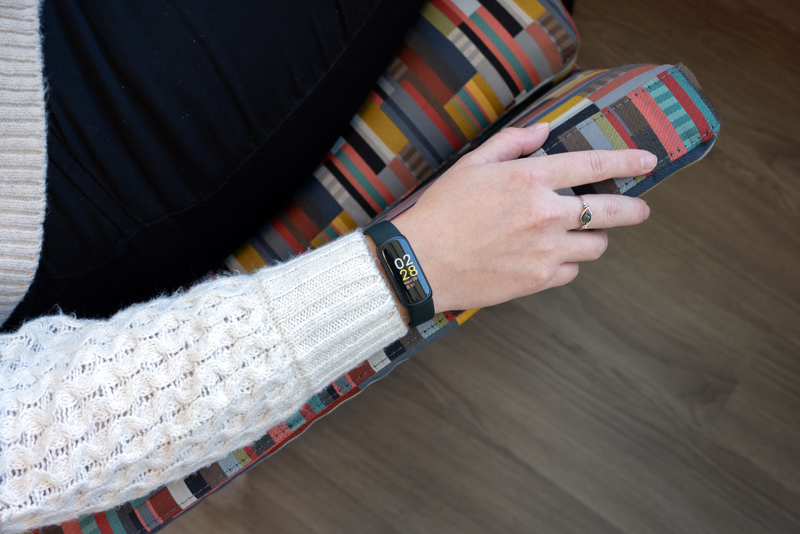At UMass Chan Medical School, an innovative team is creating and studying the digital technology of tomorrow right now, harnessing its power to improve health and access to care.
“We think about digital health differently,” said David D. McManus, MD, MSc, founder and director of the Program in Digital Medicine. “Our approach is to start by asking physicians, nurses and the community what the problems are that they want to solve.
“We innovate together, improve together and reinvent health care together.”
The team’s work to date is impressive, from using wrist bands (think FitBit) to monitor the blood pressure and pulse of patients in the community to working with the National Institutes of Health (NIH) to determine the effectiveness of at-home COVID tests. In July 2023, UMass Chan’s digital health program became the first in the country to receive a grant from the NIH to train doctors with an interest in cardiovascular disease. The $1.6 million grant brings together digital health researchers, population and data scientists ,and industry, designing clinical trials to enhance our knowledge of and treatment for heart and vascular disease.
"The future of health care is digital medicine,” added Dr. McManus, the Richard M. Haidack Professor in Medicine and chair and professor of medicine. “That doesn’t just refer to the advances in technology. It takes wide-scale collaboration with smart, dedicated teams of people to put these tools to use and make our communities healthier.”
Mobile tools keep patients healthy at home
One ongoing study at UMass Chan, in partnership with virtual health care company Wellinks, looks at the ability of a new app to improve quality of life and achieve better outcomes among people with chronic obstructive pulmonary disease (COPD). Wellinks’ virtual-first COPD management solution combines virtual pulmonary rehabilitation, personalized health coaching, monitoring through connected devices to measure breathing and oxygen levels in the blood, and an easy-to-use patient app.
AI hones the power of early diagnosis
Alzheimer’s. Cancer. Heart disease. Artificial intelligence is driving health care providers to detect symptoms and risk factors for the nation’s biggest killers earlier than ever, providing valuable time to intervene.
One new study is enrolling participants to sit for science—literally—on a smart toilet seat made by Casana that gathers physiological data, including heart rate and oxygen saturation, that can detect risks for cardiovascular disease. The study will test how a smart toilet seat can help patients with chronic diseases such as inflammatory bowel disease, diabetes, hypertension and heart disease better manage their health.
Computing our mental health
There is growing concern in the United States about a mental health crisis. According to the Centers for Disease Control and Prevention, suicide rates increased by 36 percent during the first year of the pandemic. Today, someone in the United States takes their own life every 11 minutes. A nearly $17 million NIH grant funds a new center led by UMass Chan Medical School, that aims to prevent suicide through evidence-based use of technology. The center, which includes a network of more than 100 collaborating institutions, will work to evaluate and jump-start numerous initiatives, including suicide-prevention software by Jaspr Health that can be accessed on a tablet or PC by emergency department patients waiting for care, making therapeutic use of down time before they are seen for a psychiatric evaluation.
“In all these ways, our teams are working together to drive innovation to make health care healthier,” said McManus.
